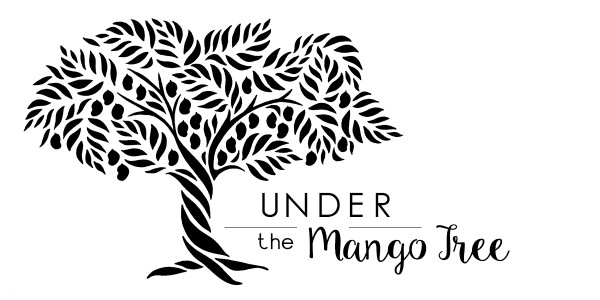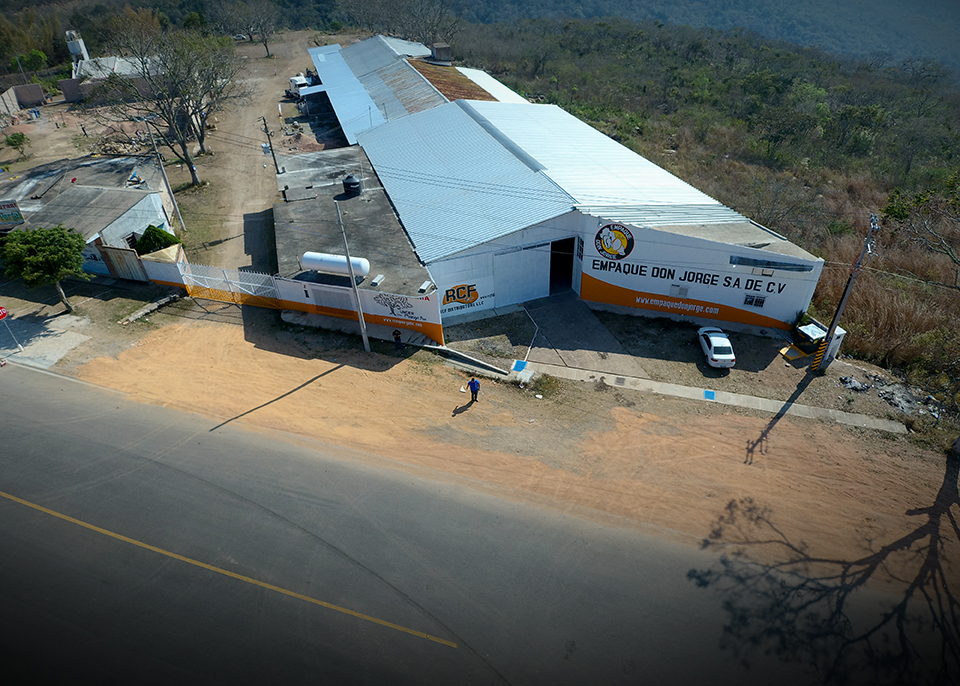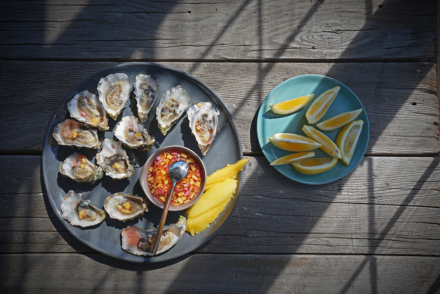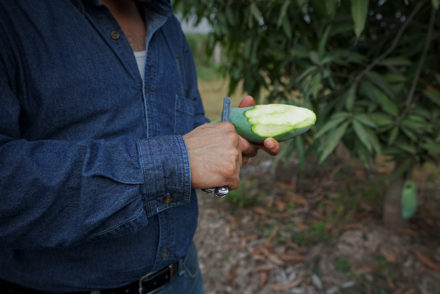Plus, an additional NEW packhouse, Bola de Oro opens in Oaxaca
Back in 2019, just prior to the mango season, El Grupo Crespo opened Empaque Don Jorge II (EDJII) in Ocozocoautla de Espinosa, Chiapas, or – as the locals call it – Coita. It was the Crespo family’s second proprietary mango packhouse, plus several hundred supporting hectares of organic mango orchards. The expanded mango volumes and increased packing outputs allowed the family business to expand and grow. This season El Grupo starts their 2023 mango programs with even more volume, more capacity and more varietals. It’s exciting for me to witness their growth and see the family rewarded with recognition from the industry, retailers, wholesalers and processors.
The addition of EDJII has generated a full-season powerhouse that has resulted in stronger partnerships. This has been a natural progression in the fully vertically-integrated, direct trade mango system the family has been building since its inception.
EDJII is not to be confused with Empaque Don Jorge (EDJI) – El Grupo Crespo’s original proprietary and main packhouse located in El Rosario, Sinaloa, Mexico, and also Latin America’s largest hydrothermal mango packhouse.
Just like the full and total revamp of EDJI, Empaque Don Jorge II was funded in part by the direct trade business model that El Grupo Crespo began to employ first on the organic side. Several years back, they moved to eliminate as many middle hands as possible, creating deeper, more loyal and direct partnerships with retailers, wholesalers and processors.
The direct trade model is motivated by a desire to build more transparent, mutually beneficial systems with higher quality supply chains. Direct trade aims to accomplish two objectives: better prices for the farmer and better quality for the customers and end-users. El Grupo Crespo has combined this model with their vertical integration strategy which aims at taking direct ownership of all stages in the mango process: from orchard to table. These two strategies coupled together have led to increased efficiencies, reduced costs, better quality control and greater consistency in each step of the mango growing and selling process.
This has enabled the family to re-invest in their own farms, packhouses, and operations, despite the mango category’s dwindling margins. Eliminating extra hands along the supply chain (border brokers, in particular) make this kind of investment back into your own operations possible.
Over the last several years, infrastructure improvements were equally prioritized alongside growing our industry awareness and building strong mango programs with existing and new customers. It wasn’t just increasing orchard and output volume but varietal options as well.
Over the last several years, infrastructure improvements were equally prioritized alongside growing our industry awareness and building strong mango programs with existing and new customers. It wasn’t just increasing orchard and output volume but varietal options as well.
Increasing capacity in the southern early regions has been pivotal in gaining better quality direct market share: the kind that repeats and grows season after season.
EDJII is conveniently located near Tuxtla, in western Chiapas, which is attached to the main throwaways that lead north. It sits on about 2 acres of land, and the actual packhouse is about 25Kft2. Packing capacity is 4 truckloads per day. The packhouse is equipped with 4 hydrothermal tanks, 1 washing line, and 4 packing lines – one of which is fully dedicated to Crespo Organic Mangoes. Cold storage is abundant with a capacity.
The certified organic EDJII packhouse is about a 4 to 5-day drive to El Grupo Crespo’s US warehouses, RCF Nogales and RCF McAllen. During the season (February through late April), it operates Monday through Saturday.
At peak season, the packhouse employs about 80 workers. Most workers come from the local area of Coita (Ocozocoautla) and the neighboring towns Berriozábal and Tapachula.
About two hours away, El Grupo Crespo has about 200 hectares of organic Ataulfo and Tommy Atkins orchards that feed into this specific packhouse. There are also new orchards, now producing our special Mallika and Thai mango varietals, plus another few hundred hectares of newer conventional mangoes, many of which are slated for transition to organic certification. That remains the goal of the company, set forth by founder Roberto Crespo Fitch, who believed the company’s mangoes should be grown organically.
EDJII is now open for the 2023 season.
Volumes, quality and consistency expected to be on point!
Volumes, quality and consistency expected to be on point!
EDJII certifications: Global Gap, Primus GSF, USDA Organic, and SMETA audited. SMETA is an ethical trade audit that covers Sedex’s four pillars of Labor, Health, Safety, and Environment, as well as business ethics.
Additionally, a new packhouse that El Grupo Crespo has rented for a few seasons opens this season in Oaxaca. Bola de Oro is a rented facility totally controlled by El Grupo Crespo, employing all of our own workers from the local area. It’s now a fully functional certified organic facility and will once again increase output capacity for the early season allowing for even more large volume programs to commence at the onset of the season. Here are it’s specifics!
- 20Kft2
- 4 Hydrothermic Tanks
- 1 Washing Line
- 3 Packing Lines (one fully dedicated to Crespo Organic)
- Cold Storage Capacity for 4 Truckloads
- Per Day Packing Capacity
earlier it says 5













No Comments